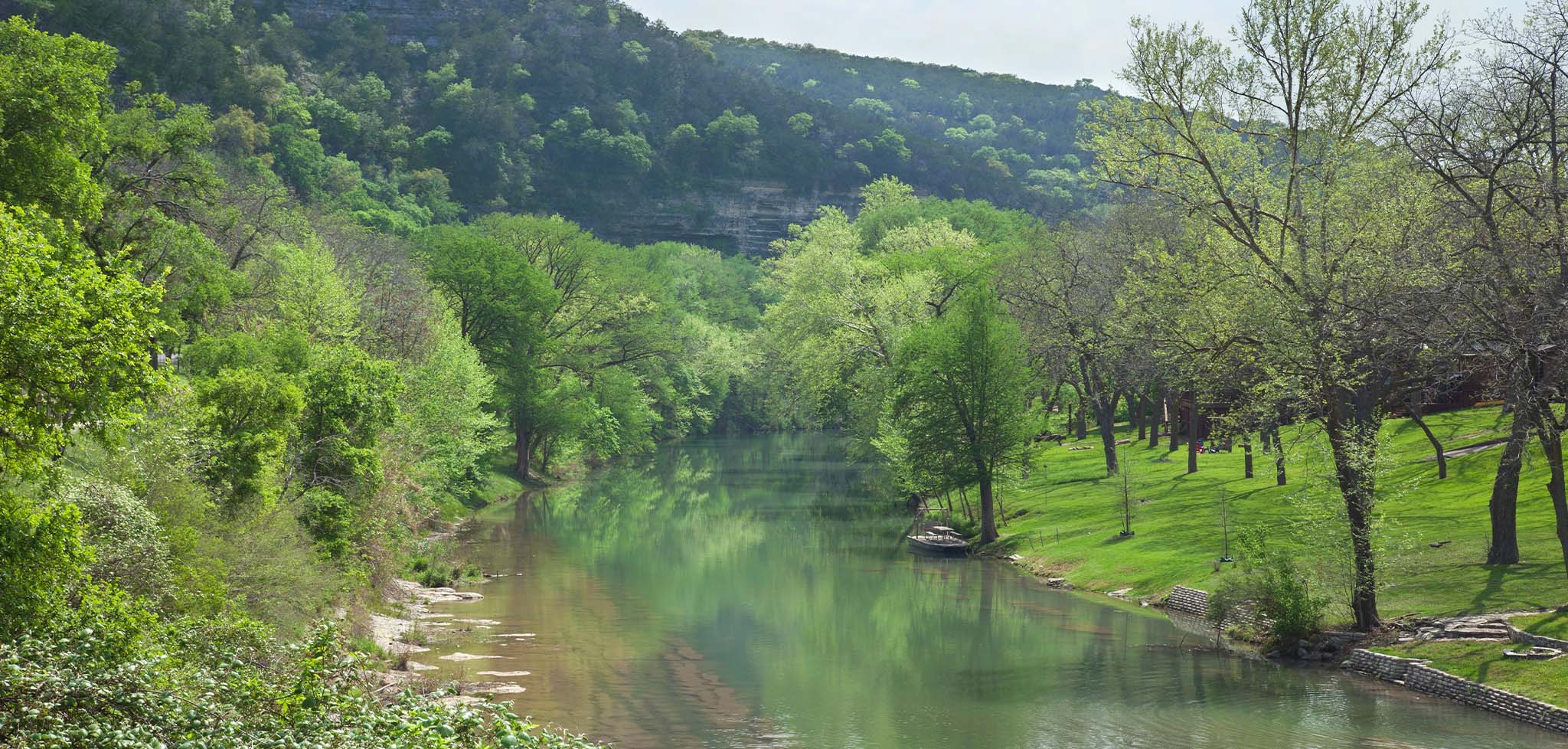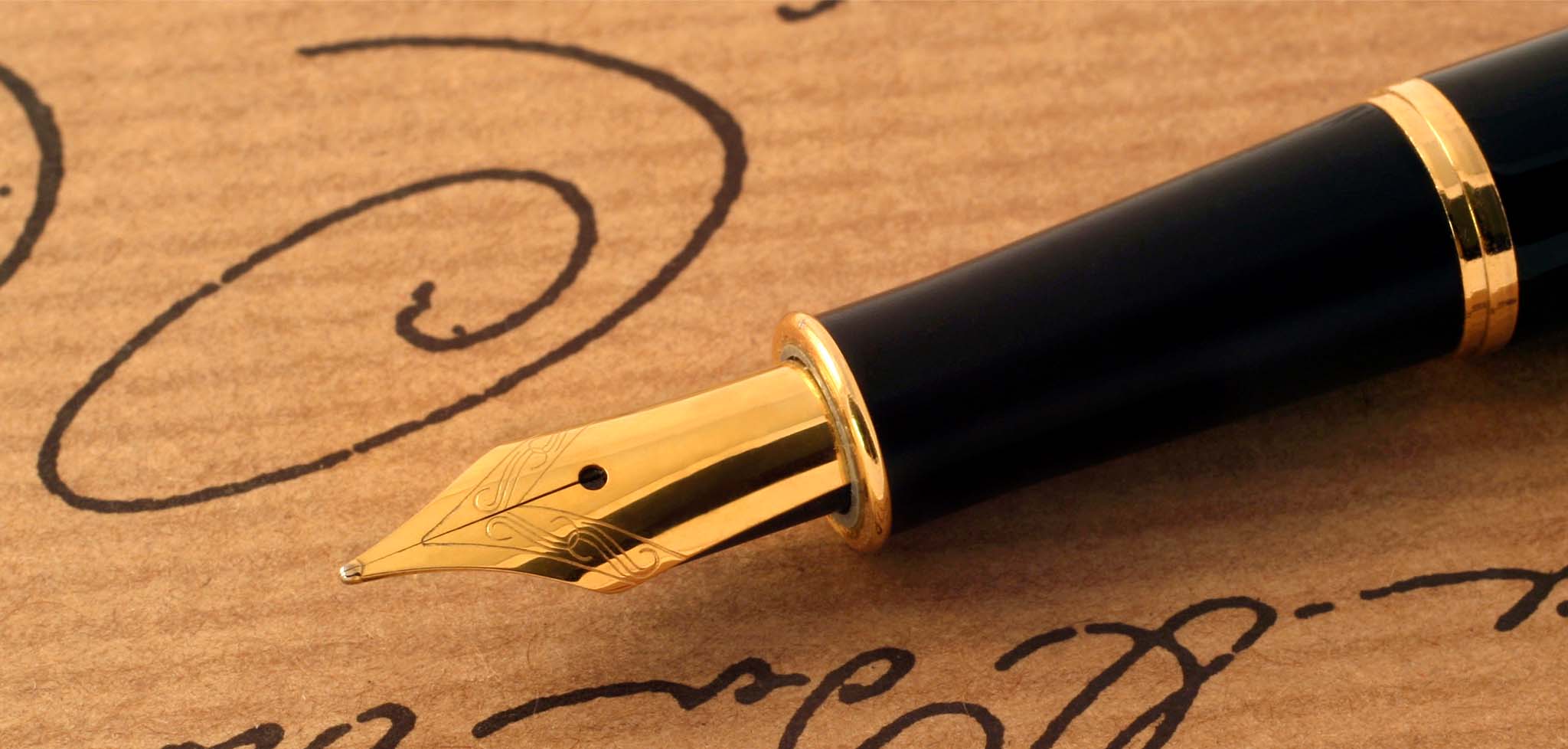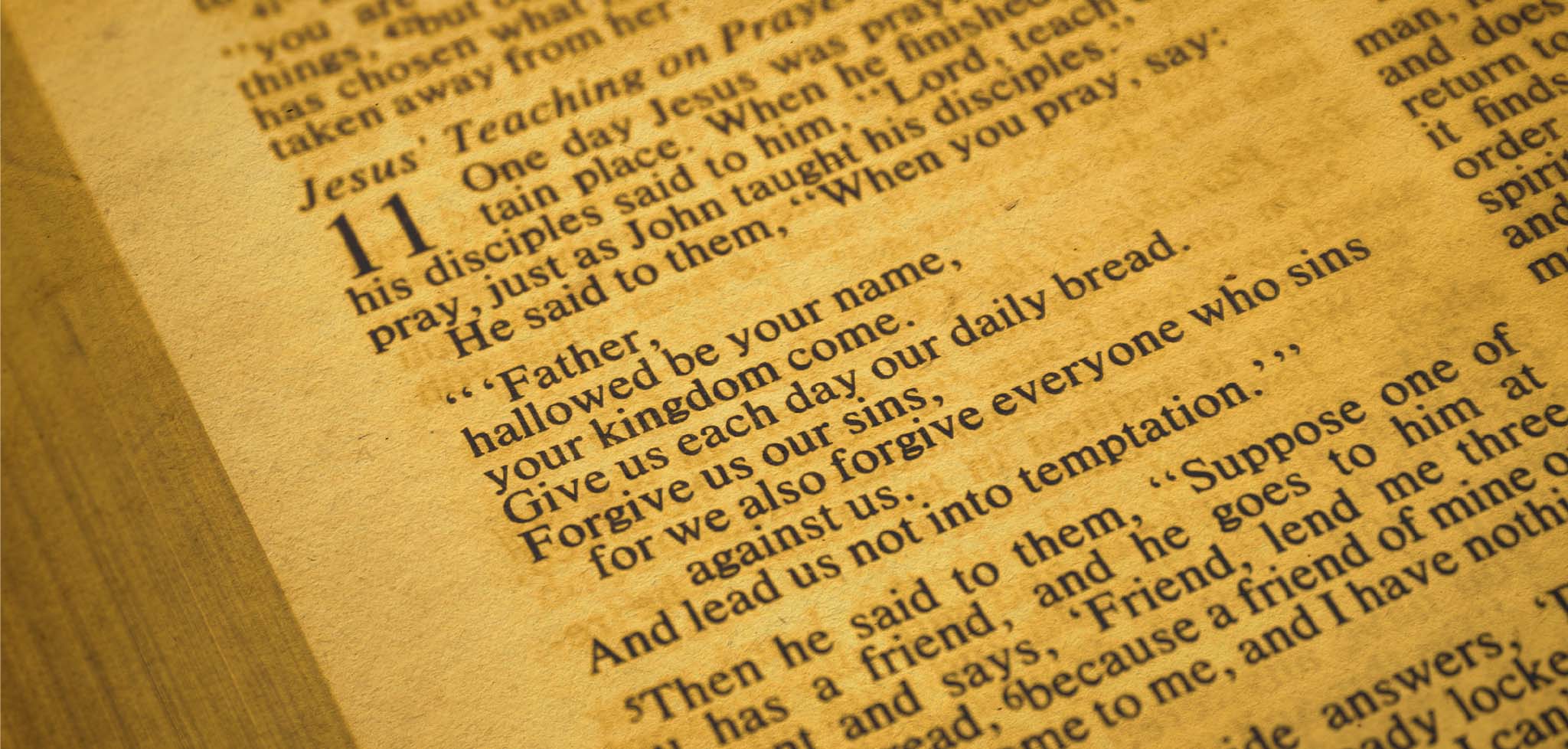The jeopardy contestants were given a $200 question, the easiest of its category this past week. The host asked for a missing word. “Our Father which art in heaven, this be Thy name.” The buzzers of the contestants never went off. Finally, the host provided the answer: “hallowed.”
The moment triggered a bit of a twitter storm. One described it as a demonstration of what’s wrong with America. Another said that though belonging to another religion, she knew the answer for this well known prayer. Even an atheist knew this one. One commented that he wasn’t sure that all Christian denominations used the prayer. Another said that while she was a Christian, she didn’t know the prayer because prayer was encouraged in a more spontaneous form.
I have argued in my book that the Lord’s Prayer is a hidden treasure. I rest my case. It is certainly less well known than many would imagine. But it isn’t the desire for greater use of religious ritual that drives my concern. The great loss is the wisdom that it offers to us.
Perhaps it is easy to assume that things from the past are largely irrelevant to today’s issues and concerns. After all, who uses the word hallowed, anyway? But the subjects of the Lord’s prayer, are hardly passe. They are about happiness, well-being, meaning and purpose. Moreover, this prayer is not simply an anonymous piece, but an intentional gift from a person who profoundly impacted world history and who taught us how to connect with God—and more deeply to ourselves. What if we imagined it as a road map (if not a treasure map)? Simple curiosity about the remarkable impact of this person Jesus ought to spur us to be able to provide the answer to that $200 question.
It is true that “hallowed” is not a commonly used word. But that’s true of a lot of the questions in the gameshow. Ironically, its use in the prayer invites us to step out of the moment in which we find ourselves, with pressures and demands for the right answer, and to welcome a perspective that has space for the holy. It is an invitation to live in a larger universe and a larger story, and even to more deeply appreciate the gift of our own life. Could it be that the greater Jeopardy is actually believing that a buzzer spells the end?


